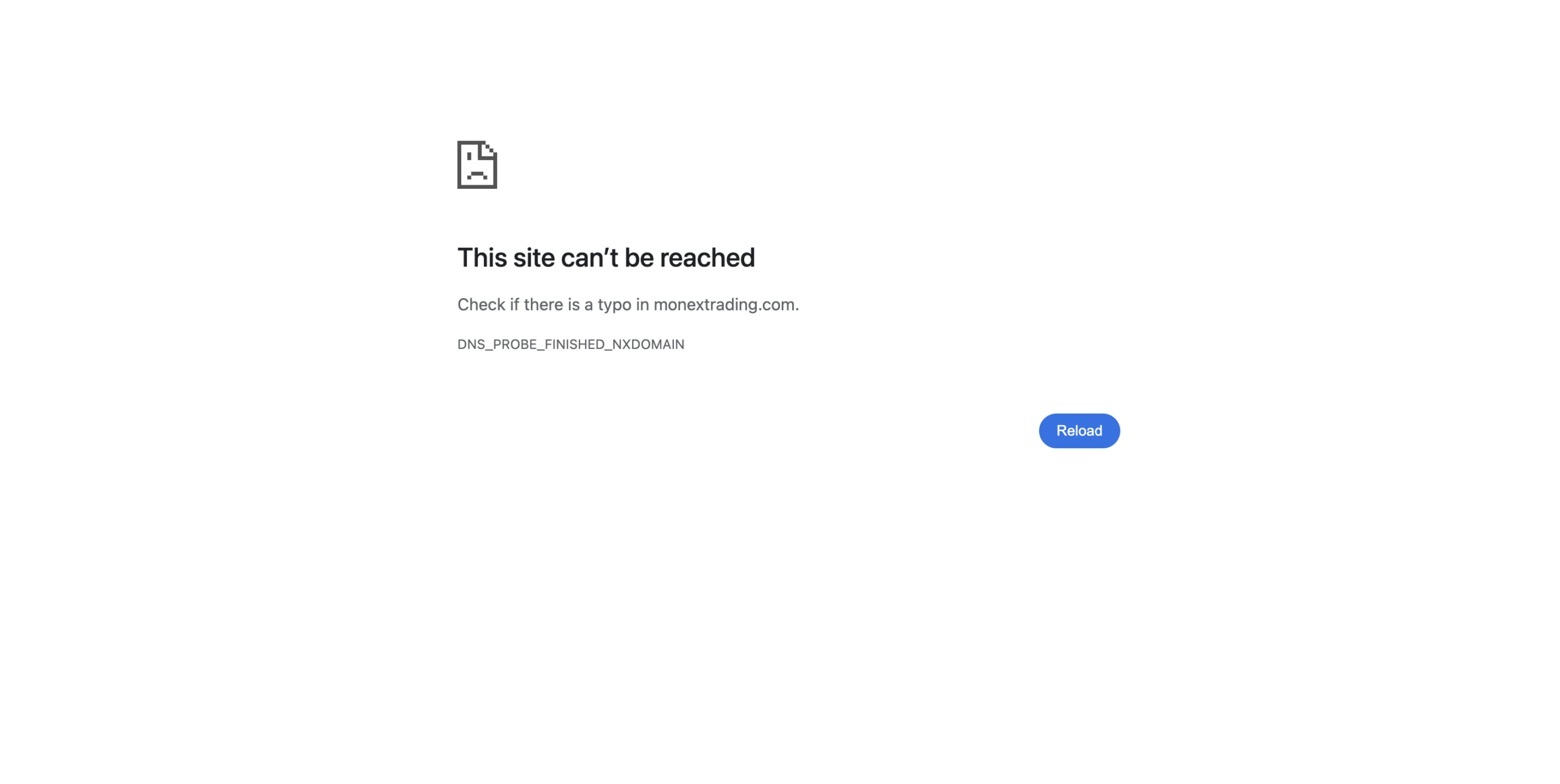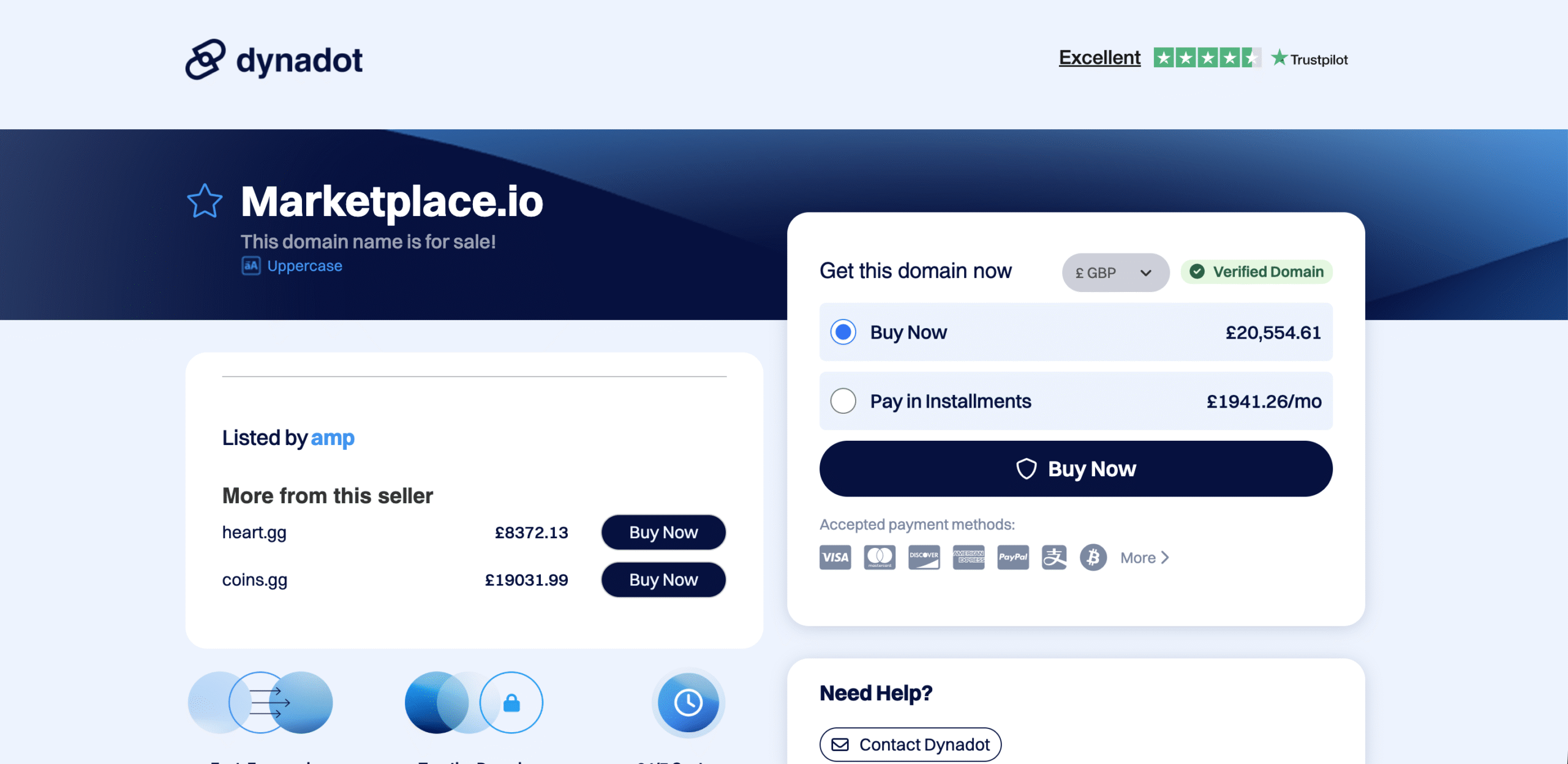Online trading has become one of the most accessible ways for people to invest and build wealth — but it has also become a breeding ground for scams. Among the many suspicious platforms circulating online, MonexTrading.com has drawn significant attention for all the wrong reasons.
This review takes an in-depth look at MonexTrading.com, unpacking its claims, the tactics it uses to deceive investors, the red flags hidden in plain sight, and the lessons every trader should learn from its operations. By the end, you’ll understand exactly how this platform manipulates users and how to stay safe from similar schemes.
1. What MonexTrading.com Claims to Be
MonexTrading.com presents itself as a global trading platform offering access to forex, commodities, cryptocurrencies, indices, and stocks. On the surface, the website looks sleek and professional, complete with trading charts, a login dashboard, and marketing buzzwords like “advanced technology”, “trusted broker”, and “secure investments.”
It promotes itself as a place for both beginners and experts to “grow their portfolio,” promising easy account setup, 24/7 support, and “guaranteed success.”
Unfortunately, this shiny presentation hides a deeply deceptive operation. Behind the polished interface, MonexTrading.com displays all the hallmarks of a scam broker designed to lure people in, extract deposits, and disappear without returning funds.
2. First Impressions vs. Reality
At first glance, MonexTrading.com tries to inspire confidence. It uses sophisticated graphics and trading language to appear legitimate. However, a closer look quickly reveals major inconsistencies:
-
No legitimate company name is listed anywhere on the site.
-
There’s no verifiable office address or real-world contact information.
-
No legal documentation confirms its ownership or business registration.
-
The site’s domain age is short — suggesting it’s a recent creation meant for a temporary lifespan.
These discrepancies are the first signs that this is not a serious financial institution. It’s an imitation of a real broker, carefully crafted to build a false sense of trust.
3. The Common Scam Pattern
MonexTrading.com operates using a playbook that has been recycled countless times by fraudulent investment websites. Understanding this pattern helps explain how unsuspecting users are drawn in.
Step 1: The Hook
The process usually starts with advertisements on social media promising quick profits or “automated trading systems” that do all the work for you. You may even see fake celebrity endorsements or fabricated news articles claiming the platform has “made thousands rich.”
Once you click, you’re redirected to the MonexTrading website, where you’re encouraged to create an account and deposit a small sum — typically $250 to $500.
Step 2: The Illusion of Profit
After your first deposit, you’re given access to an online dashboard showing “live trades” and rapid profits. In reality, these numbers are simulated to make you believe your money is growing.
Scammers rely heavily on this psychological trick. When you see fake gains, you’re far more likely to invest more. The system is designed to build your confidence and make you feel like you’re on the path to success.
Step 3: Pressure to Deposit More
Soon after your first investment, you’ll receive calls or messages from so-called “account managers” or “financial advisors.” They sound professional and friendly, offering guidance and claiming they can help you make even bigger returns.
They often use phrases like:
-
“You’re doing great — but to maximize your profits, you should upgrade your account.”
-
“There’s a limited-time opportunity to double your investment.”
-
“You only need to add a few hundred more to activate the next tier.”
These individuals are trained to use manipulation and urgency to get you to deposit larger sums. Many victims end up sending thousands more, convinced they are participating in legitimate trading.
Step 4: Withdrawal Roadblocks
When you attempt to withdraw your profits, things take a dark turn. Withdrawals are either delayed indefinitely or blocked altogether.
Typical excuses include:
-
“Your account needs verification — please upload more documents.”
-
“You must pay a clearance or tax fee before funds can be released.”
-
“Your balance hasn’t met the minimum trading volume required for withdrawal.”
No matter what you do, the money never comes back. Once they’ve extracted as much as possible, communication stops completely.
Step 5: Disappearing Act
Eventually, the website may change its address, rebrand under a new name, or vanish from the internet altogether. By the time victims realize what happened, the scammers have already moved on, ready to repeat the process under a fresh identity.
4. The Biggest Red Flags
Every aspect of MonexTrading.com reveals inconsistencies that no legitimate broker would display. Let’s break down the warning signs one by one.
a) No Regulation or License
The most critical red flag is the lack of regulation. MonexTrading.com is not authorized by any reputable financial authority. Real trading companies are supervised by recognized bodies such as:
-
The Financial Conduct Authority (FCA)
-
The Australian Securities and Investments Commission (ASIC)
-
The Cyprus Securities and Exchange Commission (CySEC)
-
The U.S. Securities and Exchange Commission (SEC)
Without such regulation, there is no oversight, no investor protection, and no recourse if your funds disappear. A truly regulated broker would proudly display its license number and registration details for public verification — MonexTrading.com does not.
b) No Physical Address or Company Identity
Scam brokers often hide behind anonymity. MonexTrading.com lists no physical address, registered company name, or board of directors. When a financial business refuses to identify itself, it’s almost certainly because it doesn’t want to be found once the scam unravels.
c) Unrealistic Promises of Profit
No genuine broker can promise profits. Markets are volatile and unpredictable. MonexTrading.com’s bold claims of “guaranteed earnings” and “consistent returns” are fundamentally dishonest. They exist purely to tempt inexperienced traders into depositing money without thinking twice.
d) Poor Transparency in Terms and Conditions
The platform’s legal documents — if they exist at all — are vague and one-sided. They often include fine print allowing the company to freeze or deny withdrawals at will. This deliberate ambiguity gives the scammers total control while stripping users of any rights or protections.
e) High-Pressure Sales Tactics
Real financial advisors never harass clients to invest more. Yet, reports about MonexTrading.com frequently describe relentless phone calls and pushy behavior. The so-called “brokers” act more like telemarketers than financial professionals. Their only goal is to keep you depositing until you run out of money or lose trust.
f) Suspicious Payment Methods
MonexTrading.com tends to favor irreversible payment channels such as bank wires and cryptocurrency. Unlike credit cards, these methods offer little to no buyer protection. Once the transaction is complete, there is virtually no way to reverse it.
Legitimate brokers allow flexible, transparent payment options — including secure, regulated gateways. The absence of those is a glaring red flag.
5. How Victims Typically Describe Their Experience
Across online discussions and forums, many victims share nearly identical stories about their experience with MonexTrading.com. Common patterns include:
-
Smooth onboarding with fake trading results that show quick profits.
-
Repeated phone calls encouraging larger deposits.
-
“Account managers” who become aggressive when clients hesitate to send more money.
-
Difficult or impossible withdrawal attempts.
-
Silence once deposits stop coming in.
The repetition of these stories suggests an organized and well-rehearsed scheme rather than isolated incidents.
6. Why Regulation Matters
Regulation exists to protect investors from exactly this kind of fraud. A regulated broker must keep client funds in segregated accounts, provide transparent reporting, and operate under strict financial guidelines.
When you deposit money with an unregulated entity like MonexTrading.com, you’re effectively sending it to an unknown recipient. There’s no guarantee the money will ever be used for trading — or that you’ll ever see it again.
Without a regulatory body to oversee the company, users have no legal protection and no recourse once things go wrong.
7. The Psychology Behind Investment Scams
MonexTrading.com, like most fraudulent brokers, relies on manipulation and psychology. The scammers play on emotions — greed, excitement, and fear of missing out.
They create the illusion of success with fake dashboards, smooth communication, and stories of other “clients” making fortunes. Then they add pressure: limited-time offers, bonus deadlines, or the risk of “losing your trading position” if you don’t act fast.
By the time a victim realizes the truth, they’ve already invested too much emotionally and financially to back out easily.
8. How to Spot Similar Scams Early
Before you invest in any trading platform, take a few minutes to perform these critical checks:
-
Look for regulation. Verify the broker’s license on the official website of a recognized financial authority.
-
Check domain details. Use public tools to see when the website was registered. New or hidden registrations are red flags.
-
Search for independent reviews. Avoid platforms with mostly negative feedback or identical reviews posted on multiple sites.
-
Test the withdrawal process. Start small. If withdrawals are slow or blocked, don’t send another cent.
-
Examine payment options. Trustworthy brokers use secure, traceable methods like credit cards or regulated processors.
-
Beware of promises. Anyone guaranteeing profits in trading is lying — markets don’t work that way.
9. What to Do If You’ve Been Scammed
If you suspect you’ve fallen victim to MonexTrading.com, it’s essential to act quickly. Here’s what you should do:
-
Cease all communication with the platform immediately. Do not send more funds or provide personal information.
-
Document everything. Keep records of all payments, emails, and messages exchanged.
-
Contact your bank or card provider. Explain the situation and inquire about possible chargebacks or dispute procedures.
-
Report the scam to your local financial authority. Many regulators maintain databases of fraudulent sites and use reports to take down illegal operations.
-
Warn others. Sharing your experience publicly helps prevent other people from falling into the same trap.
While recovering lost funds can be difficult, swift action increases your chances of minimizing further damage.
10. Lessons Learned from MonexTrading.com
The story of MonexTrading.com is not unique. Hundreds of similar websites appear and disappear every year, preying on inexperienced investors.
The key takeaways are straightforward:
-
Always verify regulation before investing.
-
Never trust brokers that promise guaranteed returns.
-
Avoid platforms with opaque company information.
-
Be wary of high-pressure sales calls.
-
Use payment methods that offer protection and traceability.
By following these principles, you can drastically reduce the risk of being defrauded by online trading scams.
11. The Broader Problem of Unregulated Brokers
Scams like MonexTrading.com highlight a much larger issue: the proliferation of unregulated brokers online. The barrier to creating a fake financial website is extremely low. With cheap hosting, a trading template, and some persuasive salespeople, scammers can build convincing platforms in days.
They thrive on global reach — advertising across social media, search engines, and even email campaigns. The combination of sophisticated design and emotional marketing often deceives even experienced investors.
Regulators frequently shut down these operations, but for every one taken offline, several new ones appear. This constant churn makes vigilance the most effective defense.
12. Final Verdict — Is MonexTrading.com Legitimate?
Everything about MonexTrading.com points to a scam operation. The lack of regulation, the hidden ownership, the unrealistic profit claims, the aggressive deposit tactics, and the withdrawal issues all follow the classic scam formula.
Legitimate brokers are transparent, properly licensed, and responsive. They allow clients to withdraw funds freely and provide verifiable company details. MonexTrading.com does none of these things.
If you come across this platform or any that resemble it, do not invest. Trust is earned through regulation and transparency — not through flashy websites or phone calls promising quick profits.
13. Staying Safe Moving Forward
As online trading continues to grow, so does the number of fraudulent platforms. To stay safe:
-
Invest only with brokers regulated by recognized authorities.
-
Keep emotions out of investing decisions.
-
Double-check company credentials before sending money.
-
Treat any promise of “guaranteed profit” as a warning sign.
-
Educate friends and family — scammers target anyone unfamiliar with financial systems.
Financial literacy and healthy skepticism are your best defenses in today’s digital landscape.
Conclusion
MonexTrading.com exemplifies everything investors must avoid: secrecy, manipulation, false promises, and lack of regulation. It disguises itself as a professional broker but operates purely to collect deposits and vanish when scrutiny increases.
Before you trade anywhere online, always verify who you’re dealing with, check regulation status, and test transparency. Remember — if it sounds too good to be true, it probably is.
Report MonexTrading.com scam and Recover Your Funds
If you have lost money to MonexTrading.com, it’s important to take action immediately. Report the scam to LOSTFUNDSRECOBERY.COM, a trusted platform that assists victims in recovering their stolen funds. The sooner you act, the better your chances of reclaiming your money and holding these fraudsters accountable.
Scam brokers like MonexTrading.com continue to target unsuspecting investors. Stay informed, avoid unregulated platforms, and report scams to protect yourself and others from financial fraud.



